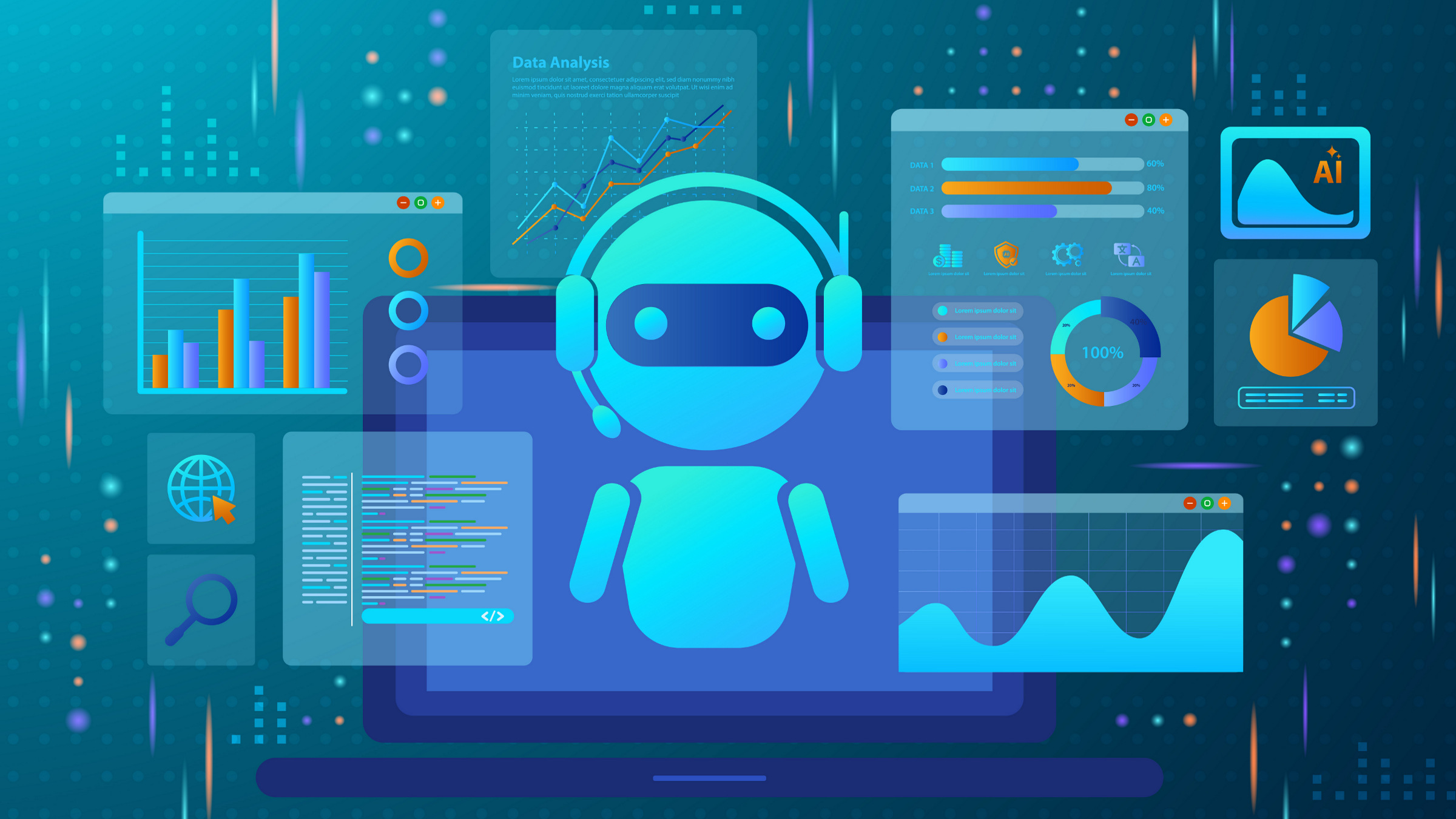Scrutinizing LLM Reasoning Models
Artificial Intelligence and Machine Learning
Dozens of AI tools that can help improve elderly care are already being deployed in hospitals.
Nonsense and Malicious Packages: LLM Hallucinations in Code Generation
Researchers cognizant of the impact of hallucinations on software development are devising methods to mitigate their effect.
Why Computer Science Is No Good, Redux
Simplifications have the effect of ignoring a variety of environmental and operational variables which can alter the behavior of digital systems.
Differentiable Economics: Strategic Behavior, Mechanisms, and Machine Learning
Recent advances have made machine learning a tool for solving longstanding problems in economics.
The Vibe Coding Imperative for Product Managers
Vibe coding is transforming the role of product managers, transforming how we prototype, discover insights, and strategize.
AI and the Democratization of Cybercrime
Offensive AI should be regulated like a controlled substance.
Why Business Intelligence Alone Won’t Cut It Anymore
Business Intelligence is backward-looking, and has limitations in the modern enterprise.
Visual Object Tracking Challenge: How to Offer a Working Solution in 24 Hours Using Multimodal LLM
A video of a black and white cat poses some playful problems for a computer vision competition.
Benchmarks for AI in Software Engineering
Benchmarks are important for those of us who build software development products that incorporate AI.
Leveraging AI Multi-Agent Systems in Financial Analysis
A key strength of a multi-agent system is its decentralized intelligence and distributed problem-solving approach.
An AI system targeting company management may be subtly manipulating communication channels like email and chat.
Protect Your Code Against Licensing Risks
Copyleft is a type of restrictive open source code that requires that any derivative uses of that specific code in other programs or products be made available under the same terms.
GenAI, Education, and Crisis Situations
The proper integration of AI technologies during routine times can ensure the continuity of learning in emergency situations.
Understanding public thinking can inform companies' decisions on developing and training AI tools.
Rethinking Distributed Computing for the AI Era
DeepSeek’s mixture-of-experts approach fundamentally changes the distributed computing equation by making computation sparse again.
To Post or Not to Post: AI Ethics in the Age of Big Tech
AI ethicists should recognize their potential complicity in the systems they study.
Harnessing AI, Behavioral Data Science for Smarter Consumer Platforms
Putting Humans Continually in the AI Loop
Human-in-the-loop optimization, when done well, can produce AIs that progressively shorten the time it takes humans to learn new skills.
Active learning provides a compelling alternative to the “bigger is better” assumption dominating current thinking about AI.
We Need AI Systems That Can Govern Themselves
Stop Training Your Competitor’s AI
Knowledge flows naturally when experts are teaching, collaborating, or working through challenges together, and not when they're asked to pause work and document their insights.
AI Empowers Novices to Launch Cyberattacks
AI-powered turnkey tools turn those with little technical expertise into cyber monsters.
Shape the Future of Computing
ACM encourages its members to take a direct hand in shaping the future of the association. There are more ways than ever to get involved.
Get InvolvedCommunications of the ACM (CACM) is now a fully Open Access publication.
By opening CACM to the world, we hope to increase engagement among the broader computer science community and encourage non-members to discover the rich resources ACM has to offer.
Learn More






















